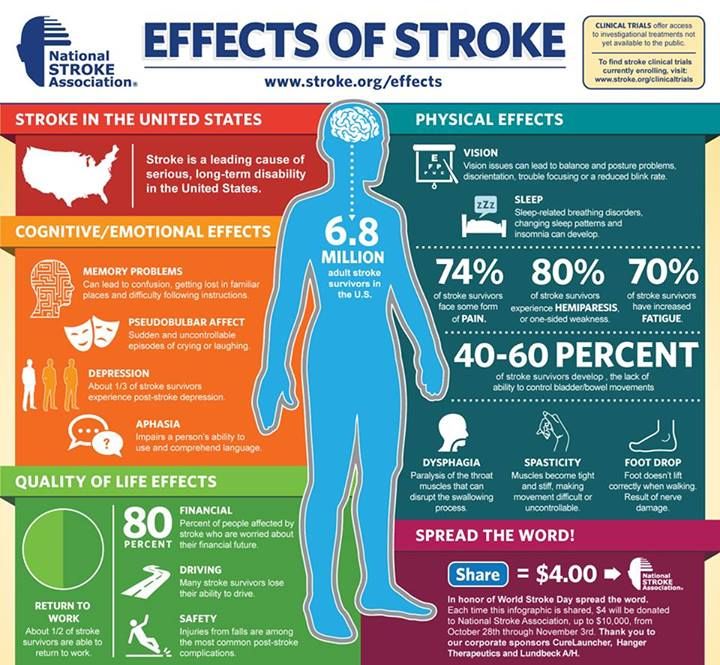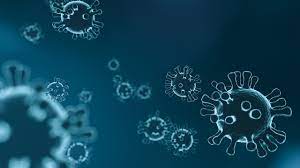The Causes and Effects of a Stroke
A stroke is the result of part of the blood supply to the brain being cut off and is a life-threatening medical emergency. Strokes are more common in later life as the arteries can become narrower, but in some cases strokes can occur earlier in life as the result of an unhealthy lifestyle or a genetic predisposition to the condition. In this article there is a summary of some of the causes and risk factors of having a stroke along with the effects this can have on the mind and body.
The Types of Stroke
There are two distinct types of stroke that affect patients. Ischemic strokes are when a blood clot develops in the brain and, as a result, significantly reduces the oxygen supply to the brain. As we get older our blood vessels and arteries can become narrower, but strokes may also become more likely as the result of fatty deposits building up in these vessels and arteries. Some key risk factors that raise the likelihood of ischemic strokes include smoking, hypertension (or high blood pressure), being excessively overweight, having an excessive alcohol intake, and suffering from diabetes. The other main type of stroke is a hemorrhagic stroke. These tend to be less common than ischemic strokes and are because of a bleed on the brain (also known as a hemorrhage) from a burst blood vessel. The key risk factors for a hemorrhagic stroke include smoking, being under stress for prolonged periods, not getting enough exercise, being overweight and having an excessive consumption of alcohol.
Some Effects of a Stroke
There are several serious effects on the body and mind that can be caused by a stroke. A common symptom is a difficulty in swallowing (also called dysphagia) and therefore the consumption of food. In these cases, a speech specialist can work with the patient to effectively retrain the brain to remember how to swallow. In addition to this many stroke patients with dysphagia may be given a food and beverage thickener such as SimplyThick Easy Mix which makes it easier for a patient to swallow food and drink.
A stroke patient may also lose sensations in their left or right sides. The side that is affected after a stroke is the opposite side of the body in comparison to where the stroke occurred in the brain. Recovery from this weakness or paralysis varies in stroke patients. Some may find that they can make a complete recovery whist in other cases the effects may be long term. One other common result of a stroke is having excessive fatigue. This is because the brain is trying to heal itself after a stroke and this can reduce a patient’s energy level. Speech may also be affected after a stroke due to facial paralysis and a speech therapist may be required to improve this.
Key Factors in Stroke Recovery
As stated previously, strokes can be life threatening medical emergencies. It is of paramount importance that emergency care is sought as soon as possible after identifying stroke symptoms in a patient. Time to meaningful medical interventions is a key factor in recovery. For examples, in terms of ischemic strokes there is a 4.5-hour window from the onset of a stroke to the giving of emergency IV medication which can break up the blood clots in the brain. Some forms of surgery may also be required as early interventions in stroke patients.




